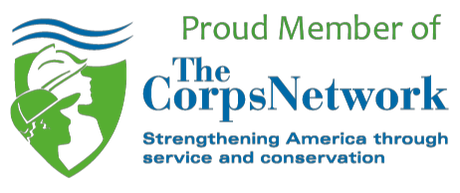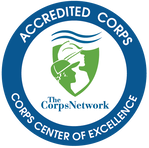|
G.E.M. Environmental is excited to share another new addition to our monthly blog series - Science Stories. Each month, we interview a STEM scholar, student, or community member and ask them things like why they believe the STEM fields are important, how they got started in their field, to what they would do if they hit the jackpot. We hope that our new blog series will inspire, introduce a variety of fields, and create new conversations. Our guest this month is Eric M. Welsh, G.E.M. Environmental's very own Executive Director and Geologic Consultant. Eric was born and raised in Northern Arizona and has always been fascinated with the beauty and intrigue offered through National Forests and Public Lands. His interest in Geology grew after taking an introductory class at Yavapai College and he went on to enroll in the Geology Program at Northern Arizona University. Upon graduating, he formed a consulting agency and began working as a geologic consultant with individuals and small companies looking to claim mineral rights or expand operations on existing claims by completing basic survey, mapping, and safety assessments on a contractual basis. After working with small miners in Nevada, he was hired as a liaison with the Bureau of Land Management in the Abandoned Mine Lands (AML) Program in New Mexico to assist in their inventory and remediation project work as a geologic consultant. It is through this experience that Eric decided to change his consulting agency into a non-profit organization to benefit geoscience students who struggle finding jobs due to lack of experience or contacts within the industry. Why do you believe that the STEM fields are important? There are a number of viable reasons to support the advancement of students in STEM fields. I believe that we are in desperate need of educated individuals who have an understanding of the world and our environment. Much of our lives today are controlled through policy created by people with limited knowledge of the actual practices required to develop scientific theory. The future of humanity and this world rests in the hands of those that strive for greater understanding over political gain. Let's educate ourselves through adversity. Science is for everyone! How and why did you get involved in the STEM fields? I had a life altering event in my early twenties that derailed my then career path and caused me to start over. I re-enrolled in classes at Yavapai College with no real direction, just a desire to start taking classes to find a new path in life. I had never taken any college level sciences classes but had always been interested in trying something new. Biology was my first choice; however, it wasn't a good fit for my first science class so I dropped it and enrolled in what I thought was going to be an easy course, Geology 101. My whole life changed from there. I was fortunate enough to have an animated and inspiring professor that created in me a desire to learn more. I took every geology class that Yavapai College had to offer (there used to be a lot more) and then transferred to NAU where I earned a B.S. in Geology. Whenever I am asked how I got started on this career path, the first thing that always pops in my mind is the awe-inspiring professor that propelled my love for geology, Dr. Beth Boyd at Yavapai College. Educators really can make or break a student. Can you describe another aspect of your life or career that is influenced or enriched by the STEM fields that people would find surprising? GEM project work is just one piece of the puzzle in providing environmentally sound contracting on public lands. In providing our services to the Department of Interior I have had the chance to work with other similar organizations that provide scientific contract work to the government as a part of the National Environmental Protection Act (NEPA) certifications necessary to provide Environmental Impact Statements required before an event or project on public lands. While working with these other organizations, I was able to meet some prominent scientists from other physical science fields who were just as passionate about their work as I was mine. It was through these interactions that I decided to not just service geoscience students, but to work to bridge the gap between many of the STEM fields and offer opportunities that transcend the normal paths of academic progression. It is our hope that we will have opportunities for students to work on and cross train through many of the physical science fields such as geology, biology, ecology, botany, anthropology, and engineering. What inspires you in your current position/role? I never thought that I would be in the position that I am in; having founded a scientific nonprofit with mid-scale government contracts that build and enrich the lives of fellow students through scholarship, educational programs, and vocational training. I enjoy working out in the field on our contracts, so it is easy to say, "I love what I do," but what inspires me is the team I have built around me and the interactions I have with the students we are working so hard to benefit. There is no better indicator to tell us that we are on track than seeing a students eyes light up when they realize they are capable of so much more than they previously imagined. Have you ever participated in an internship? I believe that Internships are a vital part of the process in accumulating the experience necessary to developing a successful career. To those students who might be reading this i say, "Apply, Apply, Apply!!!" In today's competitive world, being turned down is not just a new experience. It is important to learn from those unsuccessful attempts and develop a new strategy to move forward, we must always be willing to work to better ourselves. After submitting so many internship applications that I lost count, I was fortunate enough to land a four month position with the Bureau of Land Management through GeoCorps America in the Abandoned Mine Lands (AML) program. This position propelled my career and I still provide contract work to AML through GEM today. Immediately, I found interest in the position and took every opportunity I had to introduce myself to Agency representatives in other departments to network and expand my knowledge of their operations. I had never been a person to have industry connections at any level, so that was my first chance to meet people within industry and grow my network. I would say that the experiences I garnered during my internship are the reason why I am here today doing what I do. I hope to help students find similar opportunities and direction in academic and career planning. What work experiences have been the most educational for you, and why? The most educational experiences I have had so far have come from attending regional conferences (such as GSA or AGU). They are a great place for networking where one can learn about the research of and meet other industry professionals. If you have only been thinking of attending one, I suggest you find one in your field and book the tickets now. It doesn't matter how far along in your career you are, you will always learn something new. What project(s) are you currently working on? I am currently working on an inventory and mapping project called the Defense Related Uranium Mining (DRUM) program in conjunction with the Department of Energy (DOE) and Department of Interior (DOI) to find the physical location of and record the physical characteristics of abandoned uranium mines throughout the state of New Mexico. Since the public has taken a great interest in the processes of uranium mining again, government agencies with surface management responsibilities have decided they needed to know where and how dangerous the abandoned uranium mines are on the parcels they administrate. Once we find the physical location of previously reported mine sites, we do a site survey and map the mines in order to report on the hazards and surface disturbances related to the workings. If mitigation is necessary, our reports are used along with site sample data to develop reclamation plans for site clean up to restore the land back to recreational standards. This is a multi stage project of which many agencies and contractors are involved over a several year process. What is something that people might be surprised to learn about you? It is usually surprising for people to learn that I held a pilot license and rating for rotary wing aircraft. Though I have let my certifications lapse, I may some day pick up where I left off and take back the skies. You won $10 million in the lotto. What would you do? If I won the lotto, a vast majority of the money would go to GEM to support our programs and procuring all the equipment necessary to adequately provide for new scientific contracts. Starting and maintaining this business as a debt free organization has been tough, but we will achieve our dreams one way or another and continue to grow. That doesn't mean that I am going to stop playing the lotto though, I can only imagine how much of an impact GEM would have if we had the funds to do what we want. ~~~ If you're still curious about GEM and what we do check out our GEM for STEM program page. Check back next month for more Science Stories. Want to be featured? Contact us. |
Categories
All
Archives
June 2024
|
G.E.M. Environmental NFP
Geology - Engineering - Minerals - Environmental - Not for Profit
Geology - Engineering - Minerals - Environmental - Not for Profit
Community Partners
|
Programs
|
Get Involved
|
About
|
Follow Us
|
Sponsors & Donors
|
© COPYRIGHT 2017 - 2023. ALL RIGHTS RESERVED. G.E.M. Environmental NFP
GEM Environmental, GEM4STEM, GEM Corps, and Charity Rocks are all Registered Trademarks of G.E.M. Environmental NFP.
Any and all use of Trademarks or Copyrights must be authorized.
GEM Environmental, GEM4STEM, GEM Corps, and Charity Rocks are all Registered Trademarks of G.E.M. Environmental NFP.
Any and all use of Trademarks or Copyrights must be authorized.
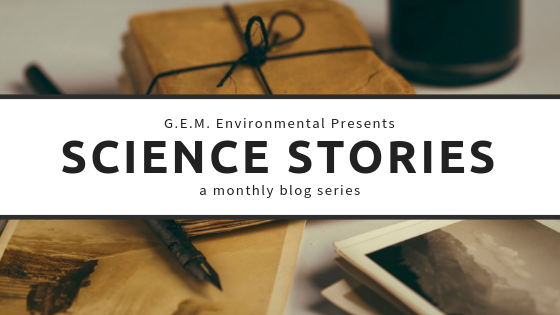
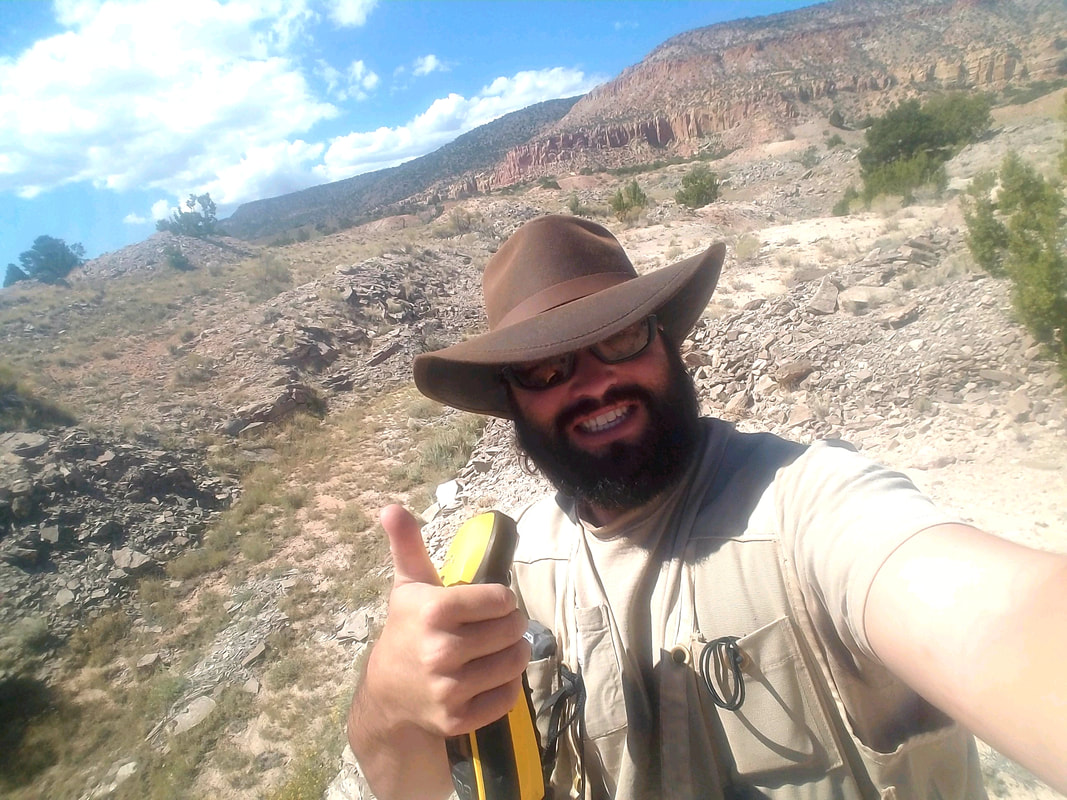
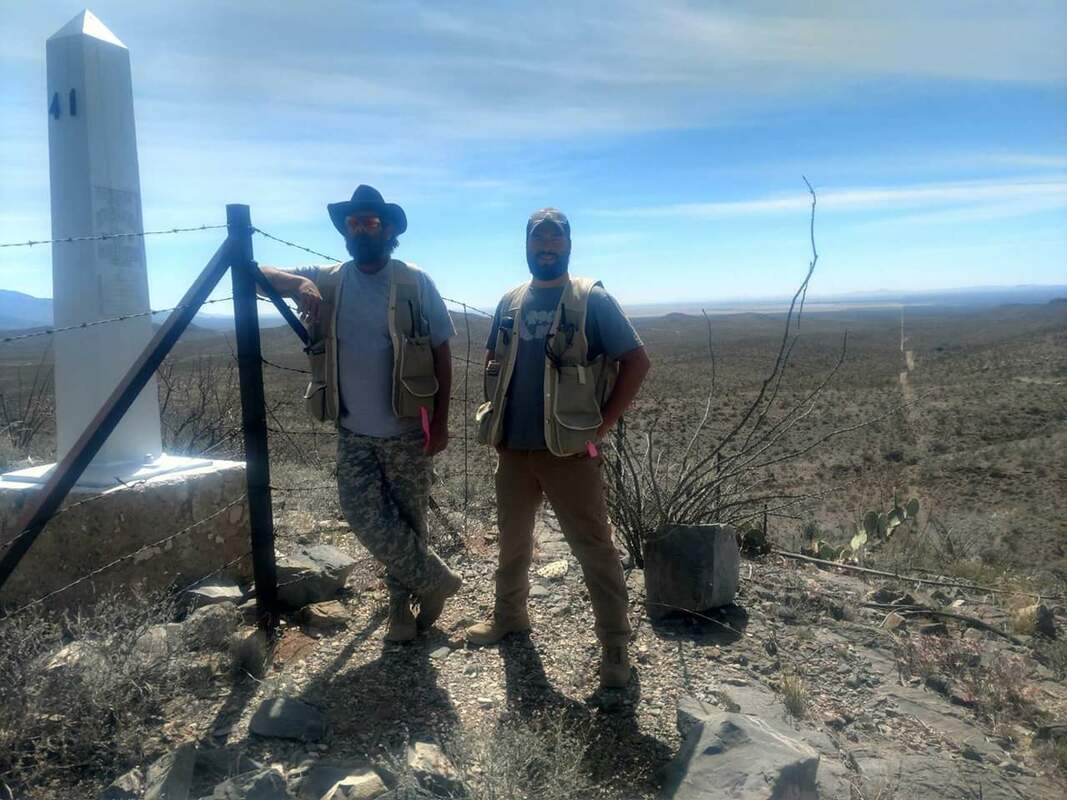
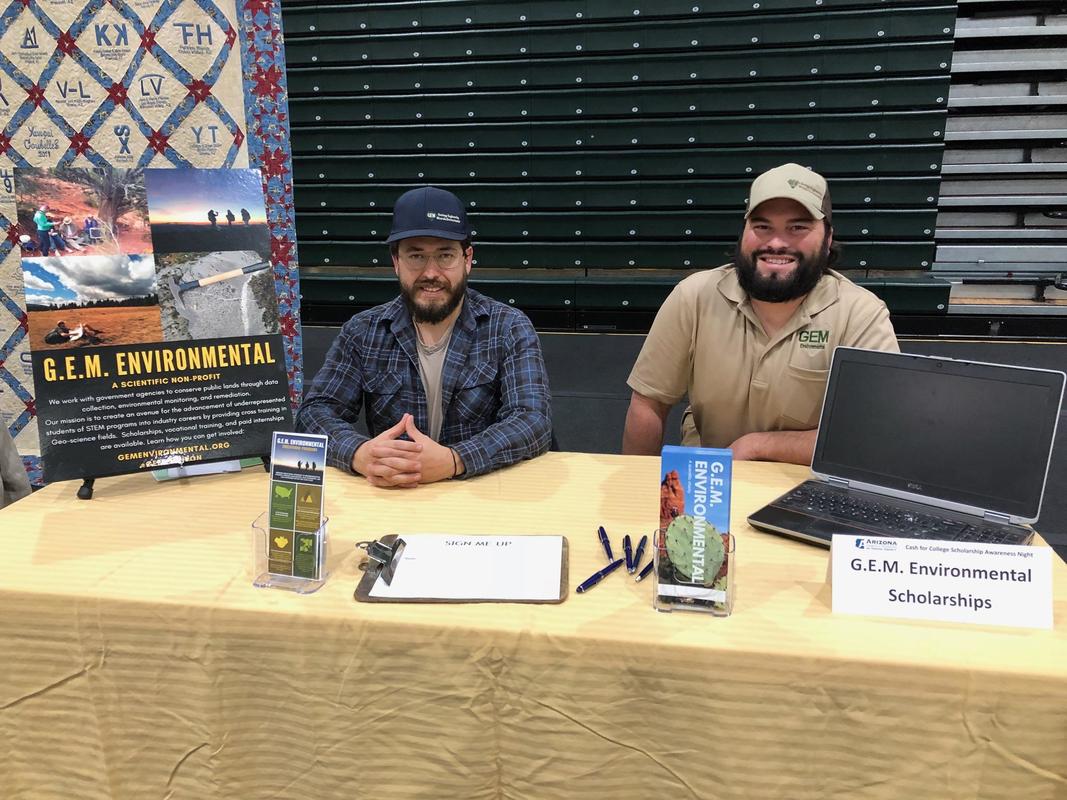
 RSS Feed
RSS Feed

